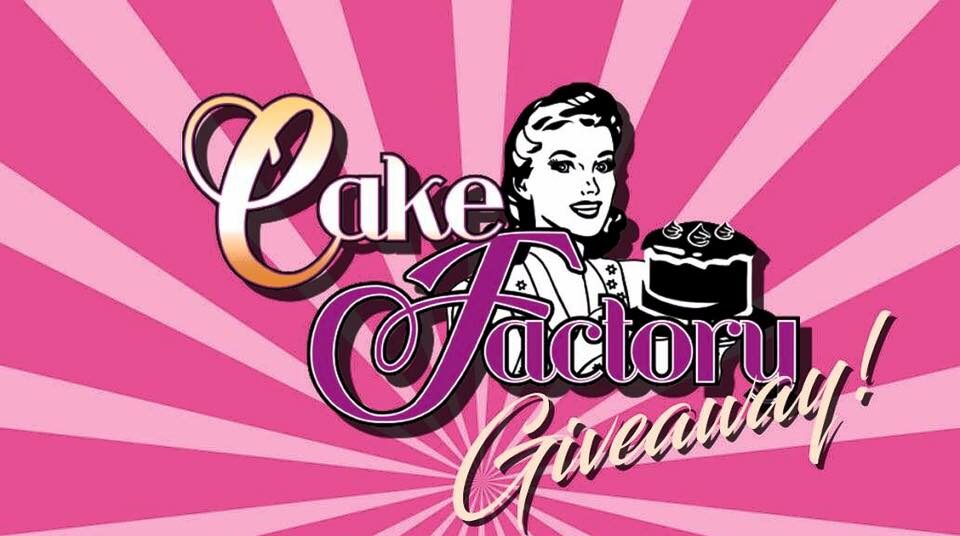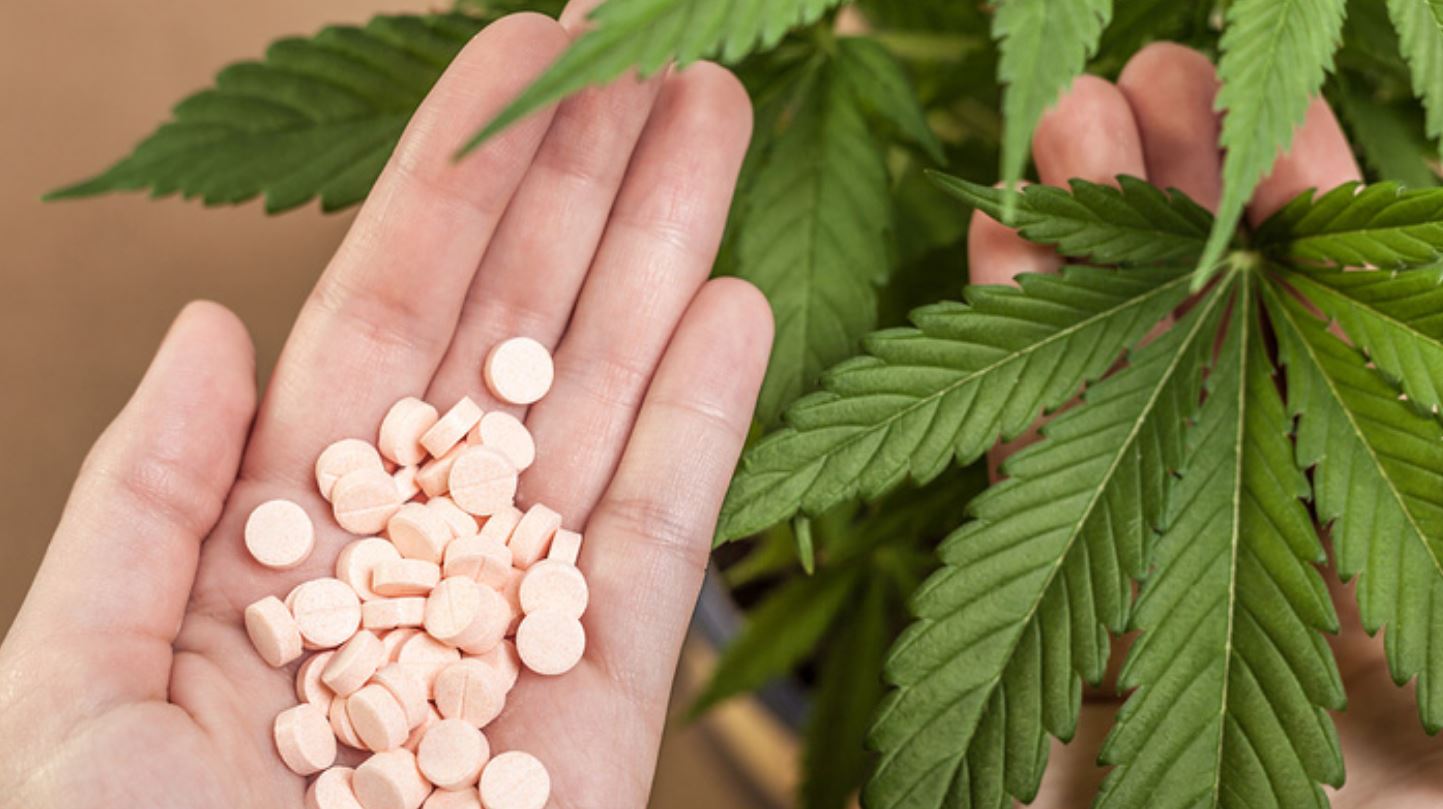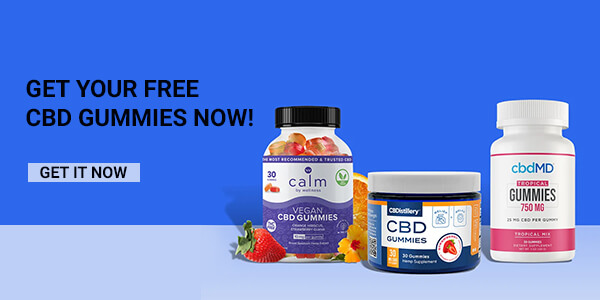CBD (cannabidiol) is a non-psychoactive cannabinoid found in the cannabis plant, known for its potential therapeutic properties and health benefits. In recent years, the popularity of CBD has grown significantly, leading to the development of a wide range of CBD products. One particular category of CBD products gaining traction is THC-free CBD. This guide aims to provide a comprehensive understanding of THC-free CBD, its benefits, manufacturing process, potential uses, legal considerations, and how it compares to full-spectrum and broad-spectrum CBD products.
What is THC-Free CBD?
- Definition: THC-free CBD refers to cannabidiol extracted from the cannabis plant without the presence of THC (tetrahydrocannabinol), the psychoactive compound responsible for the “high” associated with marijuana.
- Extraction Process: Manufacturers use various extraction methods, such as CO2 extraction or ethanol extraction, to remove THC from CBD oil, resulting in THC-free or CBD isolate products.
Benefits of THC-Free CBD
- Non-Psychoactive: THC-free CBD products do not induce intoxication or alter mental state, making them suitable for individuals who wish to avoid THC’s psychoactive effects.
- Drug Testing Considerations: THC-free CBD products are less likely to trigger positive results in drug tests, providing peace of mind for individuals concerned about potential workplace or legal implications.
- Diverse Applications: THC-free CBD products can be used in various ways, including as tinctures, topicals, edibles, and capsules, offering a wide range of potential health benefits.
Potential Uses of THC-Free CBD
- Pain Management: THC-free CBD has shown potential as an analgesic (pain-relieving) agent, offering relief from chronic pain conditions without the risk of intoxication.
- Anxiety and Stress Relief: CBD has demonstrated anxiolytic (anti-anxiety) properties, helping individuals manage stress, anxiety disorders, and related symptoms.
- Inflammation Reduction: THC-free CBD may have anti-inflammatory effects, making it a potential natural remedy for inflammatory conditions.
- Improved Sleep: Some users report improved sleep quality and relief from insomnia when using THC-free CBD products.
- Skin Health: Topical CBD products can benefit the skin by reducing inflammation, redness, and promoting overall skin health.
THC-Free CBD vs. Full-Spectrum CBD and Broad-Spectrum CBD
- Full-Spectrum CBD: Full-spectrum CBD contains all the naturally occurring cannabinoids, including THC (in trace amounts), along with other beneficial compounds like terpenes and flavonoids. While full-spectrum CBD products may offer enhanced benefits through the entourage effect, they may contain trace amounts of THC, albeit below the legal limit (0.3% in the United States).
- Broad-Spectrum CBD: Broad-spectrum CBD contains multiple cannabinoids and compounds found in the cannabis plant, but with the THC completely removed. This type of CBD allows users to experience the potential entourage effect without consuming THC.
Legal Considerations
- THC Content Regulations: The legal status of THC-free CBD products can vary depending on regional regulations. In the United States, the 2018 Farm Bill legalized hemp-derived CBD products with less than 0.3% THC, making THC-free CBD products legal in many states.
- International Laws: Consumers should be aware of the laws regarding CBD and THC in their country or region, as regulations can differ significantly.
Quality and Safety Considerations
- Third-Party Testing: Reputable CBD companies provide third-party lab test reports, confirming the absence of THC and ensuring the potency and purity of their THC-free CBD products.
- Choosing Trusted Brands: Select CBD products from reputable and transparent brands that follow Good Manufacturing Practices (GMP) and prioritize product safety.
Potential Side Effects and Considerations
- Minimal Side Effects: THC-free CBD is generally well-tolerated, with few reported side effects. Some individuals may experience mild gastrointestinal discomfort or drowsiness.
- Interaction with Medications: CBD may interact with certain medications metabolized by the liver’s cytochrome P450 enzyme system. Consult with a healthcare professional if you are taking prescription medications.
Finding the Right THC-Free CBD Product
- Product Types: THC-free CBD is available in various product types, including oils, tinctures, edibles, capsules, topicals, and more. Choose the product that aligns with your preferences and desired method of consumption.
- Dosage: Start with a low dose and gradually increase if needed, as individual responses to CBD can vary.
The Rise of THC-Free CBD
- Market Demand: The popularity of CBD has led to a surge in interest from consumers seeking CBD products without THC. This demand stems from individuals who wish to experience the potential benefits of CBD while avoiding THC’s psychoactive effects.
- Legal Accessibility: In regions where THC is still restricted or prohibited, THC-free CBD provides a viable option for individuals seeking the therapeutic benefits of CBD without encountering legal issues.
Understanding THC-Free CBD
- What is THC-Free CBD?: THC-free CBD refers to CBD products that have undergone extraction processes to remove all traces of THC, resulting in a pure and isolated form of cannabidiol.
- CBD Isolate vs. Broad-Spectrum: While THC-free CBD is typically associated with CBD isolate, it’s essential to differentiate it from broad-spectrum CBD, which contains multiple cannabinoids and compounds found in the cannabis plant but excludes THC.
Potential Benefits of THC-Free CBD
- Non-Psychoactive Effects: THC-free CBD products offer the potential benefits of CBD without the risk of intoxication or impairment, making them a suitable option for those who prefer to remain clear-headed.
- Versatile Applications: THC-free CBD products are available in various forms, including oils, capsules, edibles, topicals, and more, allowing consumers to choose the delivery method that best suits their preferences and needs.
- Drug Testing Considerations: For individuals subject to regular drug testing, THC-free CBD provides an option that is less likely to trigger positive results in standard drug tests.
Potential Uses of THC-Free CBD
- Pain Management: THC-free CBD has shown promise in alleviating chronic pain conditions, providing relief without the psychoactive effects of THC.
- Anxiety and Stress Relief: CBD’s anxiolytic properties make THC-free CBD a potential natural remedy for managing stress and anxiety-related symptoms.
- Sleep Improvement: Some users have reported improved sleep quality and reduced insomnia symptoms when using THC-free CBD products.
Legal Considerations
- Understanding Regional Regulations: The legality of THC-free CBD varies depending on local and national regulations. Consumers should be aware of the laws in their area before purchasing and using THC-free CBD products.
- Hemp vs. Marijuana-derived CBD: THC-free CBD derived from industrial hemp, which contains less than 0.3% THC, is legal in many regions. However, marijuana-derived CBD may contain higher levels of THC, making it subject to different regulations.
Safety and Quality Assurance
- Third-Party Testing: Reputable CBD companies provide third-party lab test reports to confirm the absence of THC and verify the potency and purity of their THC-free CBD products.
- Choosing Reliable Brands: Select THC-free CBD products from trusted brands that follow Good Manufacturing Practices (GMP) and prioritize product safety.
Finding the Right THC-Free CBD Product
- Individual Preferences: Consider personal preferences, such as preferred delivery methods, flavor choices, and desired potency when choosing a THC-free CBD product.
- Start Low, Go Slow: Begin with a low dose and gradually increase if needed to find the optimal dosage for individual needs.
Conclusion
THC-free CBD offers a non-psychoactive and versatile option for individuals seeking the potential health benefits of CBD without the presence of THC. These products have gained popularity due to their potential uses in pain management, anxiety relief, inflammation reduction, and improving sleep quality. Consumers should prioritize selecting products from reputable brands that provide third-party lab test reports, ensuring the absence of THC and the quality of their THC-free CBD offerings. As with any CBD product, it’s essential to consult with a healthcare professional, especially if you are taking prescription medications, to ensure safety and optimal results. By understanding the benefits and considerations of THC-free CBD, individuals can make informed decisions when incorporating it into their health and wellness routines.
- Fruity Delights: My Melo THC Beverage Adventure! - April 23, 2024
- Fruity Fusion: My Melo THC Beverage Escapade! - April 23, 2024
- Dr. Laura Geige Explores the Benefits of Polynucleotides - April 5, 2024







